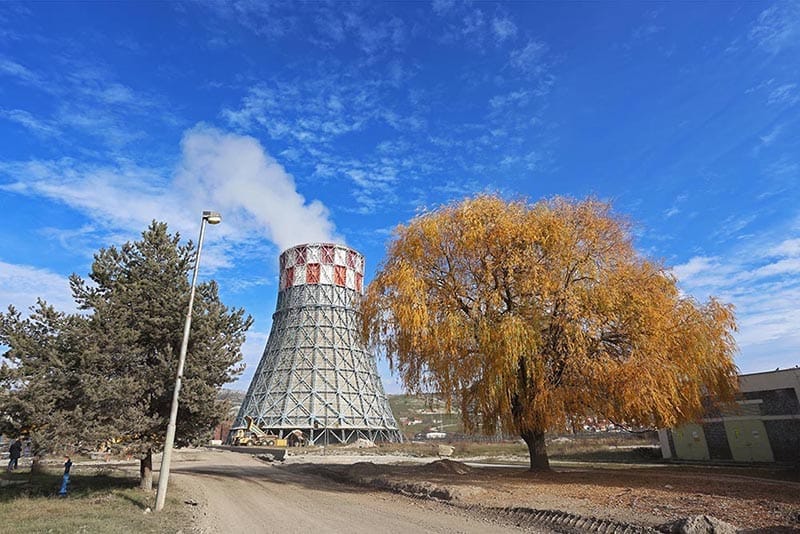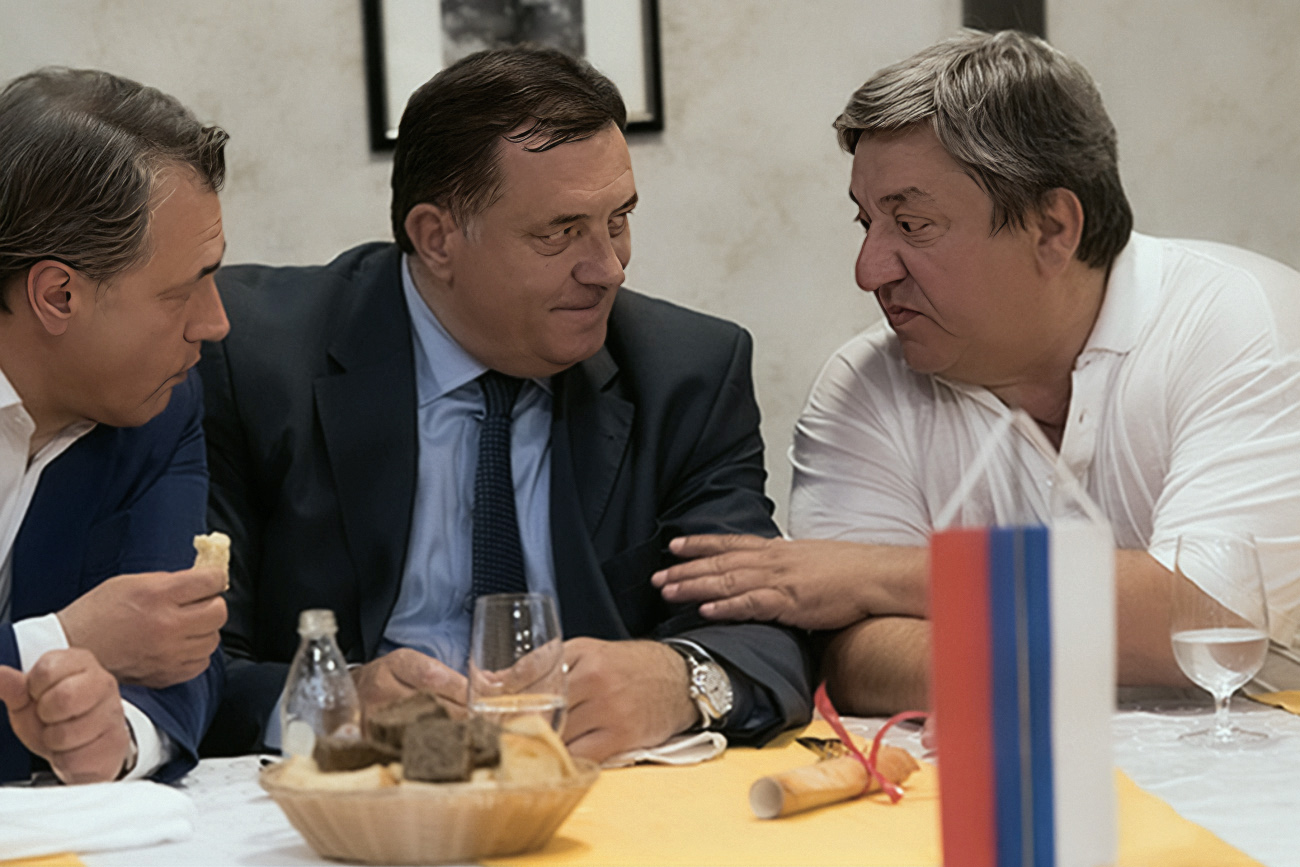In the past four and a half years, Bosnia and Herzegovina (BiH) institutions spent nearly seven billion KM on goods, services and works according a government newspapers. Publicly-owned power utilities, coal-fired power plants and mines, as well as other energy companies, account for nearly one third of the money spent in public procurement.
The big money was spent on mining equipment, fuel and electricity, but some of it went for alcoholic drinks, processed meat and sweets.
The BiH Official Gazette publishes most of the public procurement notices based on open or negotiated tenders. However, there’s no obligation to publish notices related to public procurement carried out through a competitive request for procedures or direct agreements.
Reporters from the Center for Investigative Reporting in Sarajevo (CIN) have aggregated these data into an easily searchable database.
Over one billion KM, or the bulk of the money, was spent by a Sarajevo-based power utility Elektroprivreda Bosne i Hercegovine (EPBH), together with its subsidiaries – mines and power plants. Trebinje-based power utility Elektroprivreda Republike Srpske (ERS) and its mines and power plants spent less than 733 million KM. Mostar-based power utility Elektroprivreda Hrvatske Zajednice Herceg Bosne (HZ HB) spent 425.5 million KM during this period and some of it went for electricity purchases because the utility does not produce enough to meet the needs of its clients.
During the past four and half years over 7,000 contracts were entered into. Most of the bids were awarded to Banja Luka based Elnos BL and Nestro Petrol; Zenica-based Treasure and Brčko-based Termoelektro. On the other hand, some companies which had less contracts had made the cut, because their tenders were worth more, as in the case of a Banja Luka-based Rudnap. The firm had made 212.2 million KM from two contracts with HZ HB power utility.
Most of the money in the energy sector went to the firms based in Sarajevo and Banja Luka, followed by the towns that are home to various energy facilities or mines such as Mostar, Zenica, Tuzla, Bijeljina, Gacko and Lukavac.
The analysis of the records shows that public utilities are spending much more money on public procurement in the election years. For example, 640.8 million KM was spent in 2012 when municipal elections were held than the following year (388.8 million KM). In 2014, when general elections took place, 524.3 million KM was spent.







